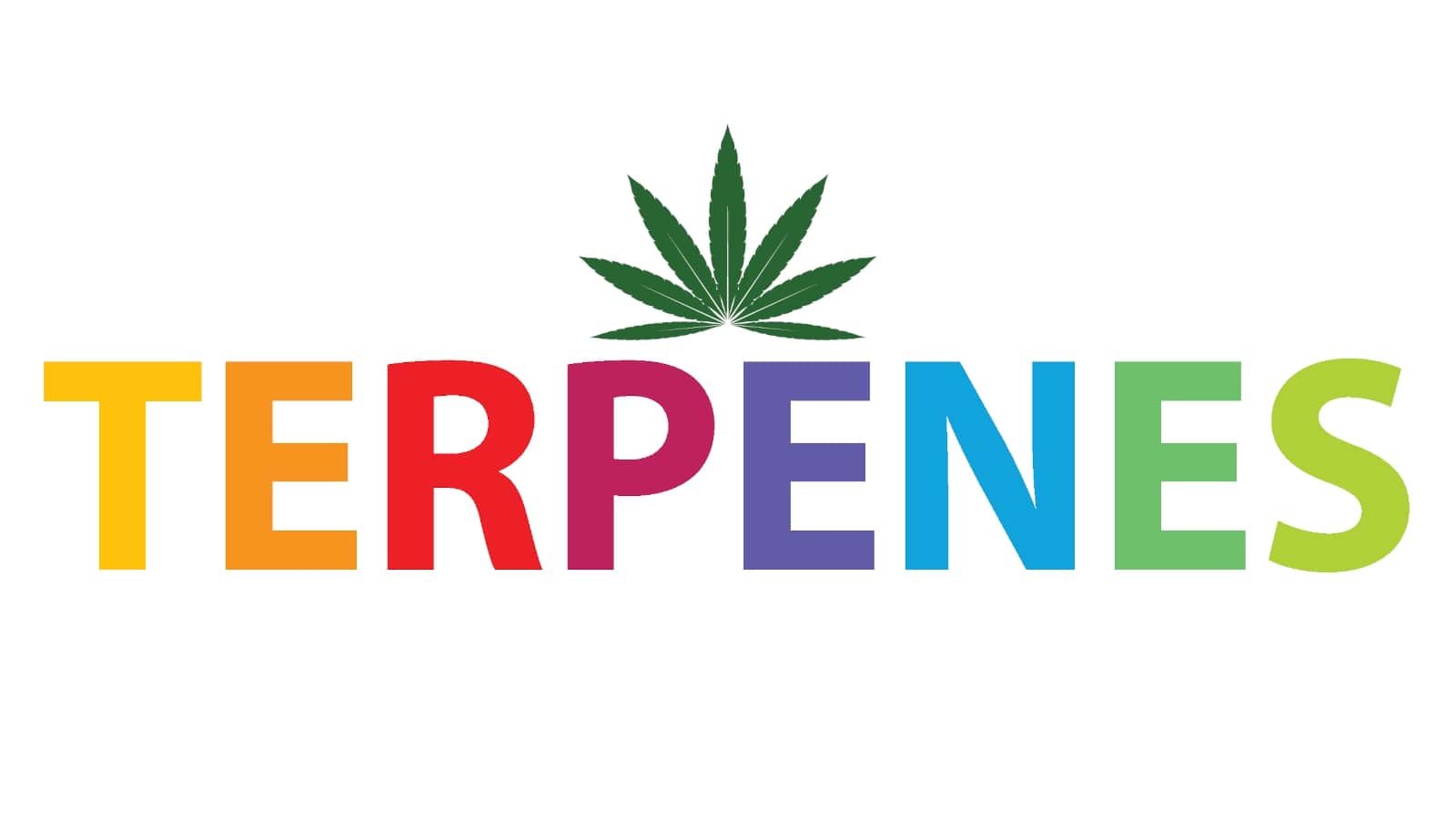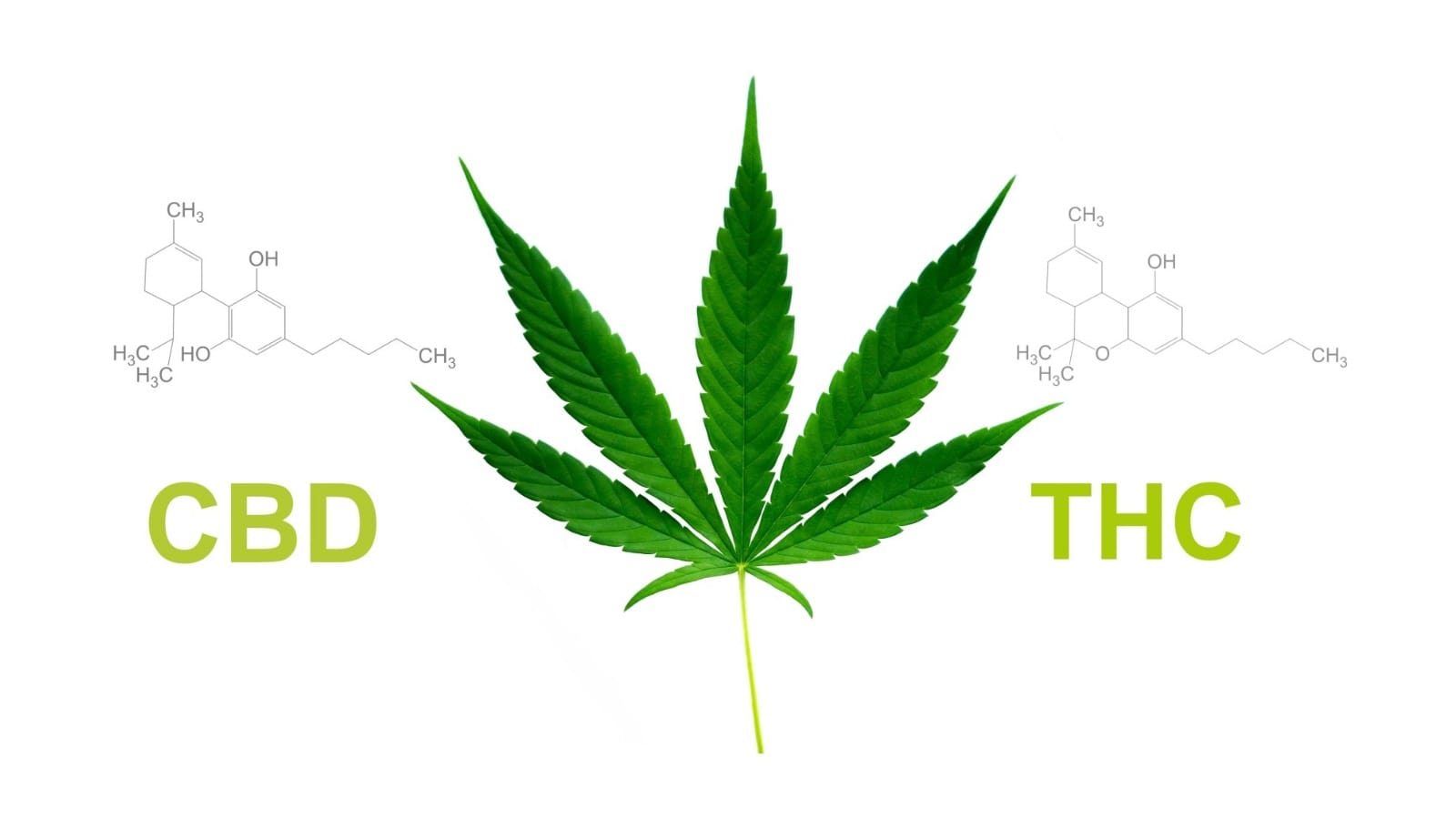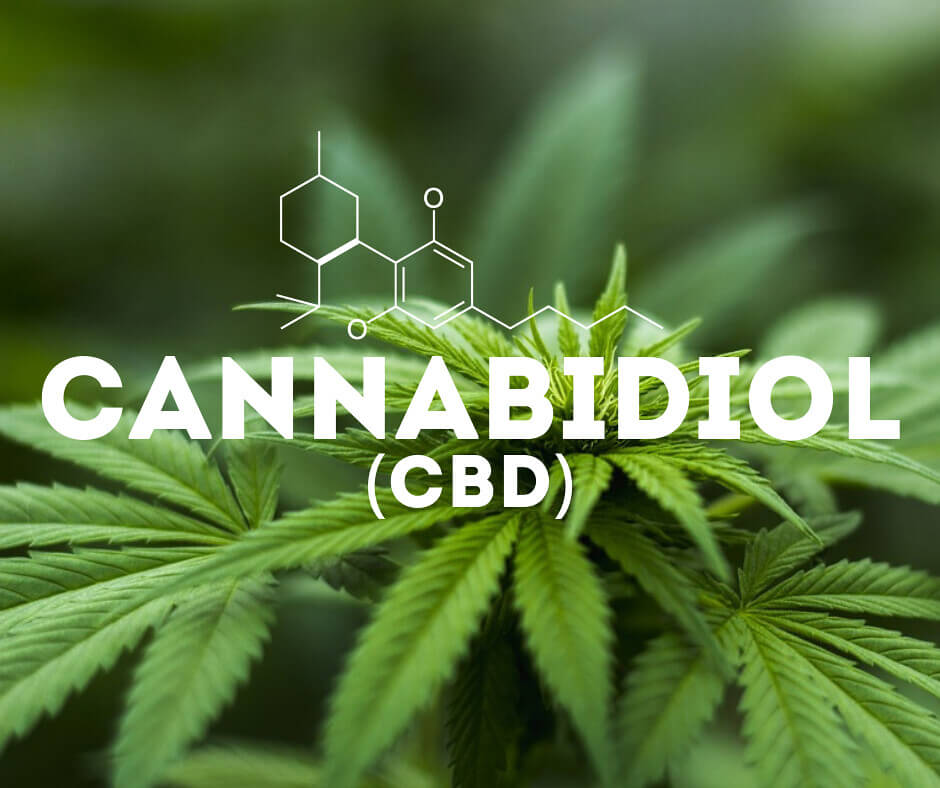
What is Cannabidiol (CBD): Medical Benefits & Side Effects
- So What Exactly Is CBD?
- Where Does CBD Come From?
- How CBD Is Extracted From Cannabis
- Medical Benefits Of CBD
- How CBD Effects your Body
- What Are The Different Types Of CBD Produucts?
- The Universal Applications Of CBD
- The Entourage Effect
- Conclusion
Cannabis clinics are in every major city for patients looking for CBD and THC oil to treat various illnesses and disorders. But what is the magical CBD component of cannabis and what medical conditions can it treat?
Topical CBD and THC oils are being produced and prescribed for various medical conditions in Australia. CBD oil is quickly becoming the leading treatment for epilepsy, anxiety, chronic pain, nausea, insomnia, skin diseases, and much more. CBD’s most important attributes are its analgesic for pain and ant-inflammatory properties.
In our previous articles, we covered What Does Cannabis Cure?, and The Easy Way To Access Medical Cannabis.
Table of Contents.
So What Exactly Is CBD?
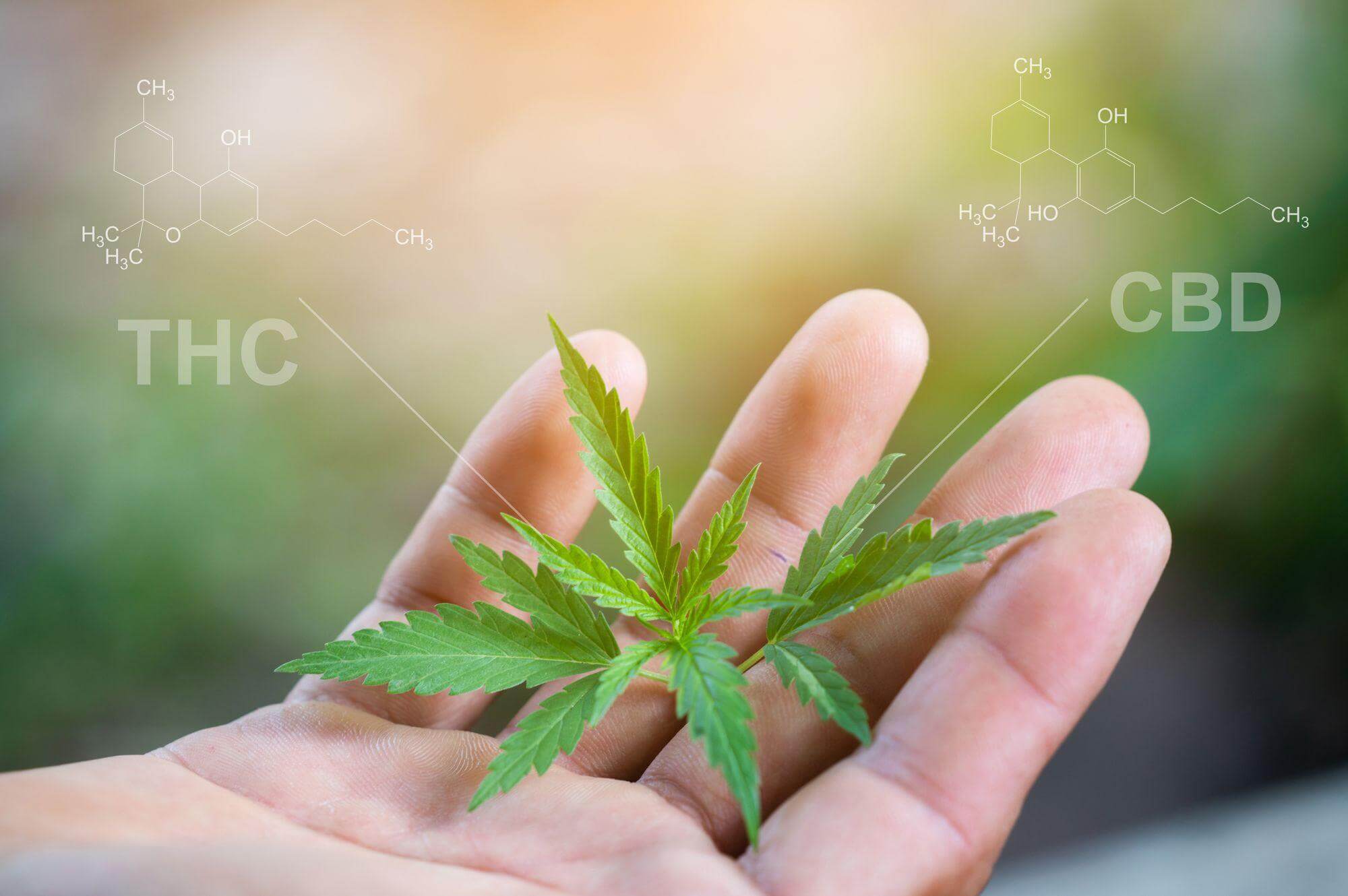
The cannabis plant has multiple compounds. However, the critical ones are cannabidiol (CBD) and tetrahydrocannabinol (THC).
Whereas the CBD compound interacts indirectly with specific receptors to deliver a therapeutic effect, THC interacts with the receptors to cause a euphoric feeling.
To appreciate how CBD works, knowledge of the endocannabinoid system (ECS) is critical.
The ECS has an essential responsibility of controlling various functions of the body, such as mood and memory.
The ECS has a variety of receptors such as CB1 and CB2. The CB1 receptors occur in the central nervous system. However, CB2 exists in the extremities, the digestion system and the immune system.
CBD attaches itself onto the CB2 and CB1 receptors to regulate multiple functions such as anxiety, mood, pain and memory.
Therefore, the medical treatment of CBD may have a positive effect on the body.
Where Does CBD Come From?
CBD occurs in both cannabis, hemp and marijuana, plants. What distinguishes the two plants is the amount of CBD they contain. The hemp plant contains a higher amount of CBD than its counterpart, the marijuana (weed) plant which has high concentrations of THC.
Read more on the difference between hemp and marijuana here.
How CBD Is Extracted From Cannabis
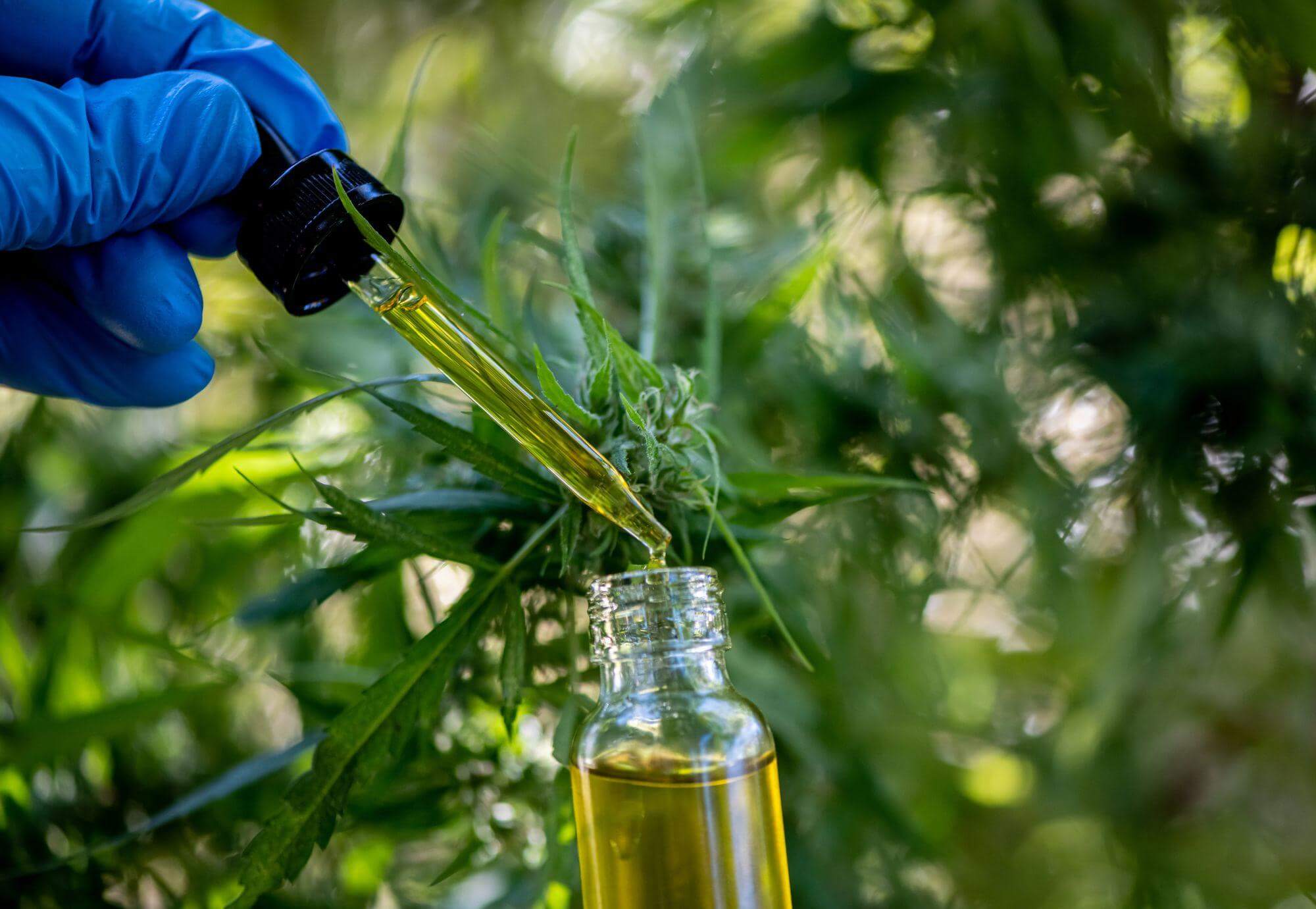
CBD oil is extracted from hemp and cannabis plant using multiple processes including CO2 extraction, solvent extraction, olive oil extraction and dry ice extraction.
CO2 extraction procedure entails the usage of supercritical carbon dioxide to derive cannabis compounds from the hemp plant.
The supercritical elements possess the properties of being liquids and gases. The CO2 extraction method is the safest and produces high-quality CBD.
The solvent extraction method entails the usage of ethanol to remove CBD and other chemicals from the cannabis plant.
It’s a simple and affordable method, but is not widely used during the commercial manufacturing of cannabis oil.
The ice water extraction works by creating hash from the extracts. It’s an inexpensive method which applies simple technology. This is most commonly used in smaller commercial operations in the U.S. or Canada.
Medical Benefits Of CBD

Because of its indirect interaction with various receptors in the ECS, CBD is useful in the treatment of multiple conditions as highlighted and explained below:
Essential For Cancer Patients
Cancer patients may benefit from CBD in a variety of ways. The conventional treatment of cancer using chemotherapy has multiple side effects, including pain and nausea.
The use of CBD counteracts these effects. Additionally, studies through animal models indicate that CBD may treat various cancers like pancreatic and breast cancer.
CBD acts by inhibiting the development and spreading of cancer cells by denying oxygen.
Treatment Of Depression And Anxiety
Serotonin is a compound in your brain that is responsible for the regulation of anxiety, mood and happiness.
Lower production of serotonin exposes one to various conditions, including depression and anxiety.
CBD binds itself on the serotonin receptors to deliver analgesic and anti-anxiety effects. Animal studies indicate that CBD is useful in the treatment of depression and anxiety.
CBD And Inflammation
When you’re injured, your immune system starts fighting any pathogens at the site of injury. Inflammation is characterised by pain, reddening and swelling of the affected site.
Inflammation happening for a long time is not desirable as it may cause various conditions like cancer and chronic pain.
CBD acts by regulating the immune response and killing the free radicals that come about as a result of inflammation.
CBD binds itself on specific receptors of the central nervous system to reduce the pain that is associated with inflammation.
Specifically, CBD attaches itself on TRPV1, which is responsible for the transmission of pain from the body to the brain.
Additionally, when you’re in pain, CBD makes it possible for the minimal absorption of anandamide to the bloodstream. The presence of anandamide reduces the anxiety that may come from inflammation.
CBD And Chronic Pain
Chronic pain is one of the conditions that afflict many people globally. Conventional drugs used in chronic pain treatment have multiple side effects.
CBD, however, has superior analgesic and sedative qualities with minimal side effects. CBD makes it possible for non-absorption of anandamide into the blood.
Due to its anti-inflammatory and ant-pain effects, CBD is used to treat various conditions, including osteoarthritis, fibromyalgia, and joint pains. When treating chronic pain in joints, apply CBD topical or cream directly to the affected part of your body.
CBD And Insomnia
Many people suffer from sleep-related problems. In most cases, insomnia is caused by various conditions, including depression, chronic pain, anxiety, specific diseases like cancer and others.
CBD works by offering relief to these conditions. The treatment of these conditions offers you not only relief from pain but also restores your sound sleep.
Reduction Of Addiction
Some people may ask themselves: is CBD addictive? The answer to this question is ‘no’.
The good news is that CBD is useful in the treatment of the effects of drug and substance addiction.
People suffering from alcohol and nicotine addiction can get relief by using CBD.
CBD works by counteracting drug addiction risk states, including anxiety and depression.
Additionally, CBD has a positive on the part of the brain that triggers addiction behaviours.
CBD And Diabetes
The anti-inflammatory properties of CBD, together with its ability to decrease insulin absorption, show that it’s useful in the treatment of diabetes.
Most of the studies, however, have been conducted on animal models.
CBD And Skin Diseases
CBD is useful in the treatment of a variety of skin conditions, including psoriasis, acne, dermatitis.
At the moment, psoriasis doesn’t have a cure. CBD is useful in the treatment of psoriasis because it reduces the rate of skin cell division.
The anti-inflammatory properties of CBD help to soothe the pain and inflammation associated with the condition.
Acne is a skin disease that occurs as a result of too much production of sebum.
CBD is helpful in the treatment of acne because it reduces the production of sebum.
Additionally, the anti-inflammatory properties of the compound assist in reducing the inflammation and pain associated with the condition.
A common skin condition in children is dermatitis. The disease is characterised by an itchy skin on the affected part of the body.
Doctors commonly prescribe anti-inflammatory drugs that are, in most cases, ineffective the treatment of the condition. However, CBD oil is dominant in the treatment of the disease due to its multiple properties, including anti-inflammatory and soothing abilities.
Treatment Of Neurodegenerative Diseases
CBD has neuroprotective properties of CBD are useful in the management and treatment of various degenerative diseases such as multiple sclerosis and Parkinson’s disease.
Most of the degenerative conditions are associated with inflammation which CBD helps to reduce.
How CBD Effects your Body
The effects on your body from CBD consumption depends on a variety of factors like the amount you’ve consumed, the frequency of use, the method of eating, and the kind of CBD consumed.
Upon its consumption, CBD interacts with various receptors in the ECS system.
The interaction results in multiple effects, including relaxation, reduction of several types of symptoms, including inflammation and pain.
Due to its therapeutic properties, CBD is used to treat various kinds of conditions including anxiety, cancer, depression, swelling, neurodegenerative diseases, specific skin diseases and others.
The CBD derived from hemp is higher than the one from the cannabis plant.
In this regard, if you consume hemp-derived CBD, you’ll have a more profound experience than consuming cannabis-derived CBD. However, CBD can be combined with THC to work synergistically and deliver the desired effect.
What Are The Different Types Of CBD Produucts?

CBD products come in various forms, including full-spectrum, isolate, and broad-spectrum.
A full-spectrum CBD product has multiple chemicals found in the cannabis plant, including terpenes, THC, cannabinol (CBN).
In case you take a full-spectrum CBD, you may have a euphoric feeling due to the presence of THC.
Additionally, many people prefer full-spectrum because it’s useful in the treatment of various conditions.
Other compounds like terpenes and CBN found in the cannabis plant are present in full-spectrum, meaning that its efficacy is high.
Research indicates that CBN and specific terpenes have anti-fungal and anti-bacterial properties.
Most people prefer a full spectrum over isolate due to the former’s ‘entourage effect.’ This means that the cannabis chemicals work synergistically to offer the best relief to a variety of conditions.
The isolate CBD is pure meaning that you can’t experience a high feeling after its consumption.
It’s suitable for consumers who don’t want any THC-infused product. Isolate CBD is also preferable in areas where THC is illegal.
Broad-spectrum CBD is a combination of both isolate and full spectrum. However, a broad spectrum product does not contain any amount of THC.
The absence of THC in this product means that you can’t have a euphoric feeling in case you take it.
The Universal Applications Of CBD
CBD benefits are multiple. The compound can treat various conditions including pain, anxiety and depression, treatment of cancer and others.
CBD is also useful in the cosmetic industry where it’s used in manufacturing lotions, topical applications, creams and others.
The topical CBD has been introduced to the cosmetics industry as a way to treat dry skin, eczema and psoriasis.
This makes it a popular ingredient of body creams and lotions. You can even find CBD Lip Balm as it alleviates pain and inflammation from cracked skin while moisturising.
The Entourage Effect
The entourage effect is the theory that all the compounds in the cannabis plant work together to provide the best results.
This could explain why patients using synthetic cannabinoids, like Marinol, a lab-created THC, doesn’t work as well for some as a whole plant medicine that contains more than 100 additional cannabinoids, including CBD.
In high doses, the phytocannabinoid without psychoactive responses can reduce the effects of THC that some users find it hard to tolerate.
Researchers came a step further by showing the theory is accurate with Sativex, a legal, plant-based medication, which combines THC and CBD.
Patients react better to Sativex than Marinol.
The CBD reduces the anxiety and paranoia that some people experience with high doses of THC.
However, that doesn’t mean that THC and CBD isolates are less effective. Instead, these have their place in cannabinoid medicine.
For example, the same article in Wired Magazine that discusses marijuana and the entourage effect highlights the positives of THC for treating glaucoma.
Indiana University researcher, Alex Straiker, explains the problems they’ve come across in cannabinoid studies with CBD and THC.
“We found that it works, and THC does a nice job. But it’s actually blocked by CBD. People often think, oh yeah, CBD and THC work together. But in terms of CB1 receptor signalling, they actually oppose each other, or at least CBD opposes THC.”
Conclusion
The CBD compound derived from both hemp and cannabis plant has multiple medicinal properties.
The chemical is specifically useful in the treatment and management of various diseases. This blog has delved into a variety of benefits that are derived from CBD.
References:
- Cannabidiol (CBD) and its analogs: a review of their effects on inflammation
- CB1 receptors
- Cannabis cultivation
- CBD extraction methods
- Effects of Cannabidiol (CBD) on Regional Cerebral Blood Flow
- CBD Entourage Effect
- Anti-Aging Therapeutics
- CBD and Cancer
- CBD and Depression
- CBD and Inflammation
- CBD and Chronic Pain
- CBD and Insomnia
- CBD helping opioid addiction
- CBD lowering diabetes
- CBD and skin diseases
- CBD and neurodegenerative disorders

James King
James is an experienced writer and legal cannabis advocate in Australia. He answers all the questions about business, legalisation and medicinal cannabis.
Disclaimer: Cannabis Place are not doctors and we recommend consulting health professionals for accurate information. This site may contain information regarding drugs. This content is designed for an 18+ audience. Click here for our full disclaimer

